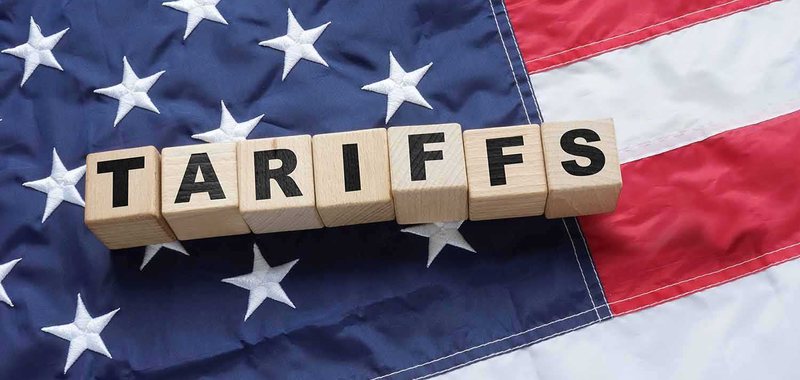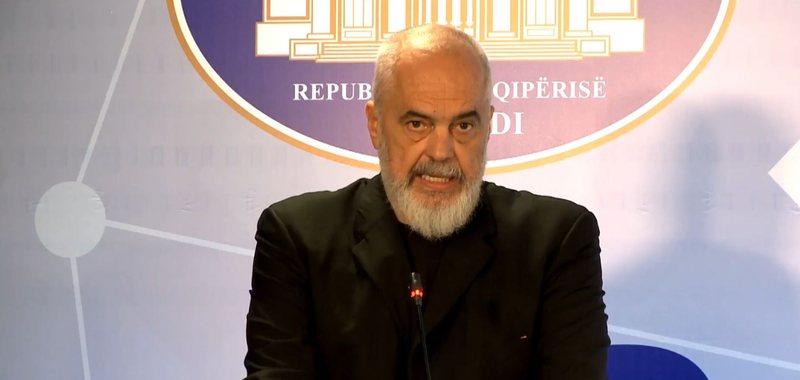Punëdhënësit kroatë, kundër rritjes së pagës minimale - Shoqata: Kostot e larta kërcënojnë investimet dhe punësimin

Shoqata e punëdhënësve kroatë (HUP) i ka kërkuar qeverisë që të mbajë të pandryshuar pagën minimale për vitin 2026, me qëllim ruajtjen e vendeve të punës dhe frenimin e inflacionit.
“Pas një rritjeje rekord të të ardhurave dhe një shpërthimi të pagës minimale me plot 92% në pesë vitet e fundit, kostoja e lartë e fuqisë punëtore ka detyruar punëdhënësit në industrinë prodhuese të ndalin investimet dhe të shkurtojnë vendet e punës,” tha shoqata në një deklaratë për shtyp.
Sipas saj, rritja e mëtejshme e shpejtë e kostove të punës do të kërcënonte drejtpërdrejt punësimin, investimet dhe konkurrueshmërinë e ekonomisë kroate, sidomos në sektorin prodhues, si dhe do të sillte një rritje të mëtejshme të inflacionit.
Shoqata, që përfaqëson punëdhënësit që krijojnë gati 80% të Prodhimit të Brendshëm Bruto të Kroacisë, po kërkon që rritja e pagës minimale në vitin 2026 të shtyhet për një vit dhe të krijohet një formulë e qartë dhe e parashikueshme që do të lidhte automatikisht ndryshimet vjetore të pagës me inflacionin dhe rritjen e produktivitetit.
Qeveria kroate zakonisht e vendos pagën minimale për vitin pasardhës para fundit të tetorit të çdo viti. Paga minimale bruto për vitin 2025 është caktuar në 970 euro. Ministria e Punës deklaroi në shtator se shifra do të arrijë në 1,250 euro deri në vitin 2028.
Sipas shoqatës, për shkak të rritjes së shpejtë të kostove të punës, shumë kompani në sektorin industrial operojnë në kufijtë e mbijetesës financiare ose me fitime minimale. Fitimprurja e kompanive kroate është 55% më e ulët se mesatarja e BE-së, ndërsa të ardhurat aktuale nuk mjaftojnë për rritje të mëtejshme të pagave dhe investime në kapacitete prodhimi dhe teknologji. Kjo vlen sidomos për kompanitë me shumë punonjës që përbëjnë industrinë prodhuese dhe punësojnë mbi 200,000 persona.
Investimet nga sektori privat në Kroaci u rritën me vetëm 0.4% në vitin 2024. Shoqata theksoi se pa shkurtime të vendeve të punës, rritja e pagës minimale në 1,250 euro gjatë tre viteve të ardhshme nuk do të ishte e përballueshme për 16% të punëdhënësve, ndërsa 32% të tjerë do të detyroheshin të ndalonin investimet jetike për mbijetesë në tregun evropian. Në sektorin prodhues, një në katër firma do të detyrohej të mbyllte vende pune dhe 43% të tjera do të ndalnin investimet. Sipas punëdhënësve, pas rritjes së fundit të pagës minimale, janë humbur rreth 4,000 vende pune.

Tarifat u kushtojnë kompanive globale mbi 35 mld USD - Por, marrëveshjet tregtare po zbusin ndikimin në ekonominë botërore
Kompanitë ndërkombëtare kanë sinjalizuar mbi 35 miliardë dollarë kosto nga tarifat e vendosura nga Shtetet e Bashkuara, teksa po hyjnë në raportimet e......

Luhatje në tregun valutor – Çfarë ka ndodhur sot me monedha e huaja kryesore?
Dollari amerikan sikurse edhe valutat e tjera kryesore ka pasur luhatje të vlerës këtë mëngjes duke u blerë sot me 82.6 lekë dhe duke u shitur me 83.7 lekë......

IA po transformon startup-et - 70% e themeluesve po rrisin shpenzimet për teknologjinë e re
Ndërsa startup-et po investojnë në mjetet e inteligjencës artificiale për të rritur shpejtësinë e zhvillimit, ekspertët thonë se duhet t’u drejtohemi......

Spanja kërkon t’i japë fund ndryshimit të orës në BE - Kryeministri Sanchez: Ka ndikim negativ në shëndetin e njerëzve
Spanja do të përpiqet të ringjallë propozimin e bllokut evropian për t’i dhënë fund praktikës së ndërrimit sezonal të orës, duke i kërkuar Brukselit të......

Dita e Kontrollorëve të Trafikut Ajror, Balluku: Falë jush udhëtimet tona të sigurta!
Në ditën e kontrollorëve të trafikut ajror, zv. Kryeministrja njëkohësisht ministre e transportit Belinda Balluku, ka përcjellë një mesazh vlerësimi për to.......

“Komisioni i Venecias, thelbësor për reformën në drejtësi” - Rama: Kontribut historik që na ndihmoi të ruajmë “busullën” e orientimit
Komisioni i Venecias ka luajtur një rol thelbësor për realizimin e reformës në drejtësi dhe përmirësimin e Kodit Zgjedhor. I pranishëm në Konferencën "30......

Nga financat e institucionit, tek pirateria televizive - AMA raporton në komisionet parlamentare veprimtarinë e 2024-ës
Autoriteti i Mediave Autovizive ka raportuar në Komisionin për të Drejtat e Njeriut dhe Mjetet e Informimit Publik dhe Komisionin për Nismat Qytetare,......

Shtrëngohet kreditimi për individët - Nisin efektet e kufizimeve të vendosura në korrik të këtij viti nga Banka e Shqipërisë
Bankat tregtare kanë hezituar t'i japin kredi qytetarëve gjatë tremujorit të tretë të vitit. Sipas vrojtimit të aktivitetit kreditues të Bankës së......

















